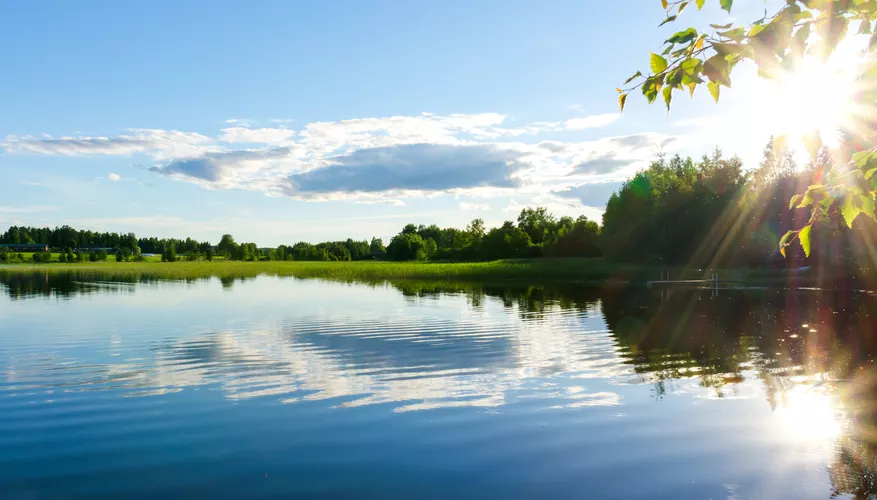Water is life! We have heard this statement being thrown around and now and again we always wonder what this means.
Well, imagine not being able to bathe in the morning just because there is no water. Imagine, not being able to brush your teeth because there is no water.
The worst picture could be having no water to cook with, to drink or flash in the toiletry systems. So yes, in as much as we use it but do not get its importance, water is life.
What is key to ask is, does everyone in Rwanda have access to water in Rwanda, okay maybe not just water but clean safe water?
The current WaterAid stats show that three in five people now have clean water and two thirds of the population have a decent toilet, making this mountainous, green country a shining example of what we can achieve as a nation.
It is the people with the lowest incomes, often in remote and hard-to-reach areas, who still lack basic services.
So how best can young people contribute in the process of making sure the rest of Rwanda has access to clean water. Who do we turn to in this process? Well KURA knows, and KURA says SDG 6: Ensure access to water and sanitation for all.
Some of the indicators of this goal include, but are not limited to achieve universal and equitable access to safe and affordable drinking water for all, achieve access to adequate and equitable sanitation and hygiene for all and end open defecation, paying special attention to the needs of women and girls and those in vulnerable situations and all these should be done by 2030.
By 2030, we should have improved water quality by reducing pollution, eliminating dumping and minimizing release of hazardous chemicals and materials, halving the proportion of untreated wastewater and substantially increasing recycling and safe reuse globally.
Young people must take action and be responsible for taking care of areas close to water sources.
To implement integrated water resources management at all levels, including through transboundary cooperation as appropriate.
Young people have an employment opportunity when this is being processed. In order to protect and restore water-related ecosystems, including mountains, forests, wetlands, rivers, aquifers and lakes.
The youth have the responsibility of protecting the environment and making sure that they guard the environment’s jealousy.
Basically, access to clean water is important to everyone and in all aspects of life. We call upon young people to take part in the process of making sure water sources are protected and safe.


